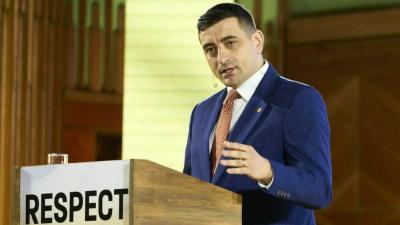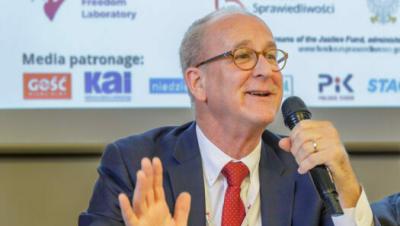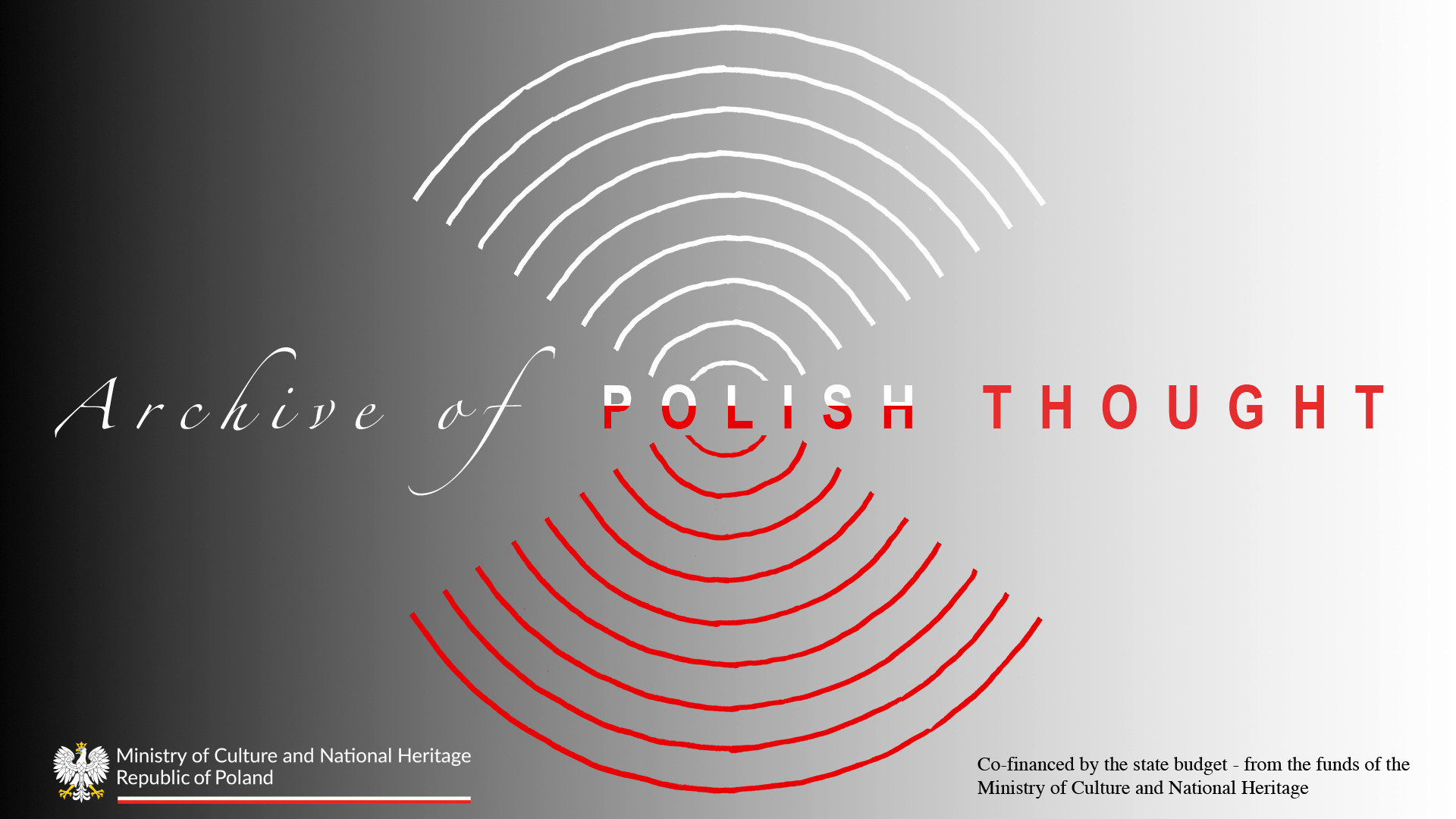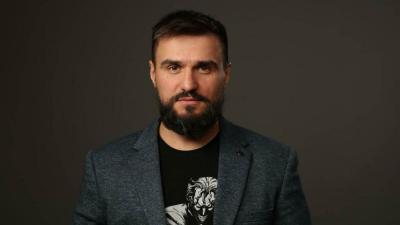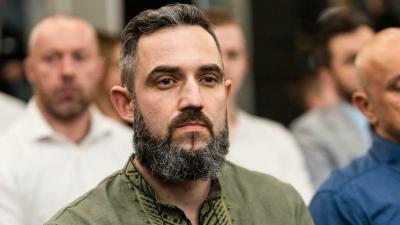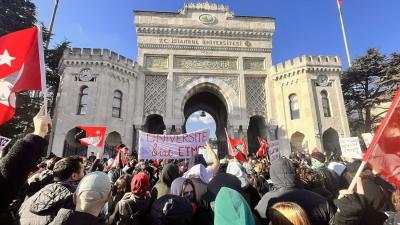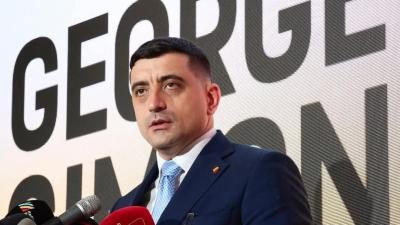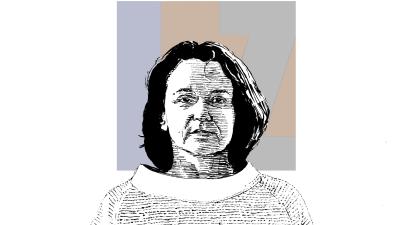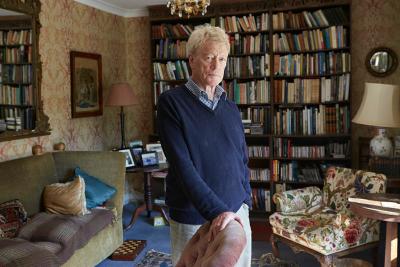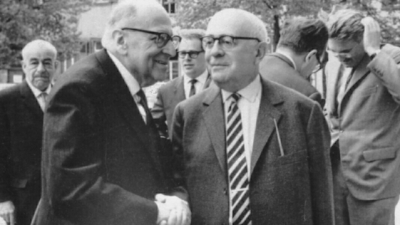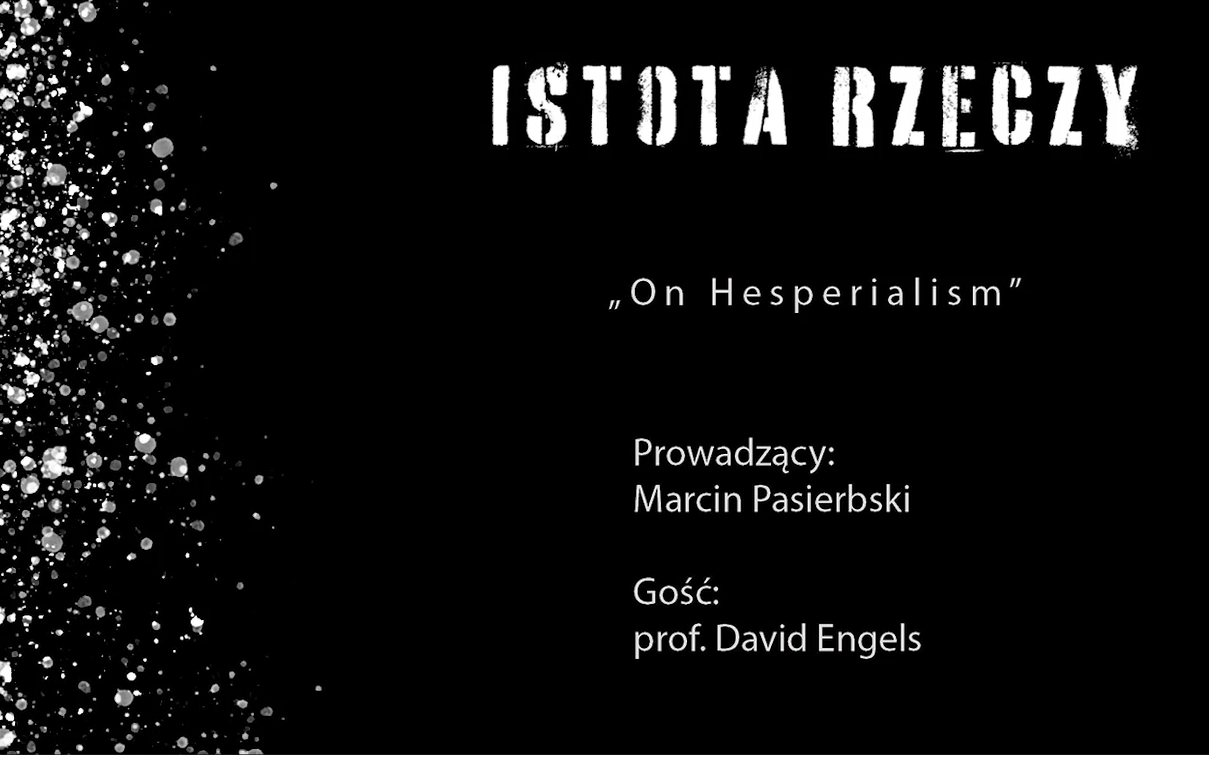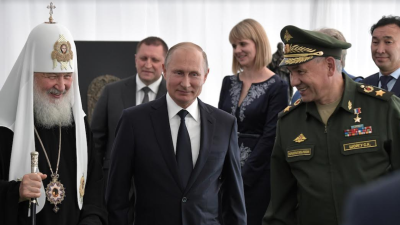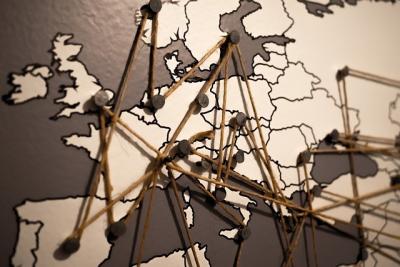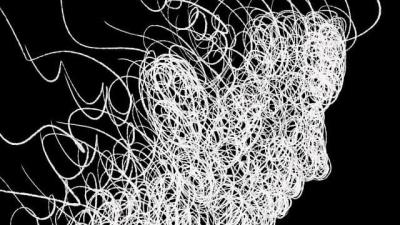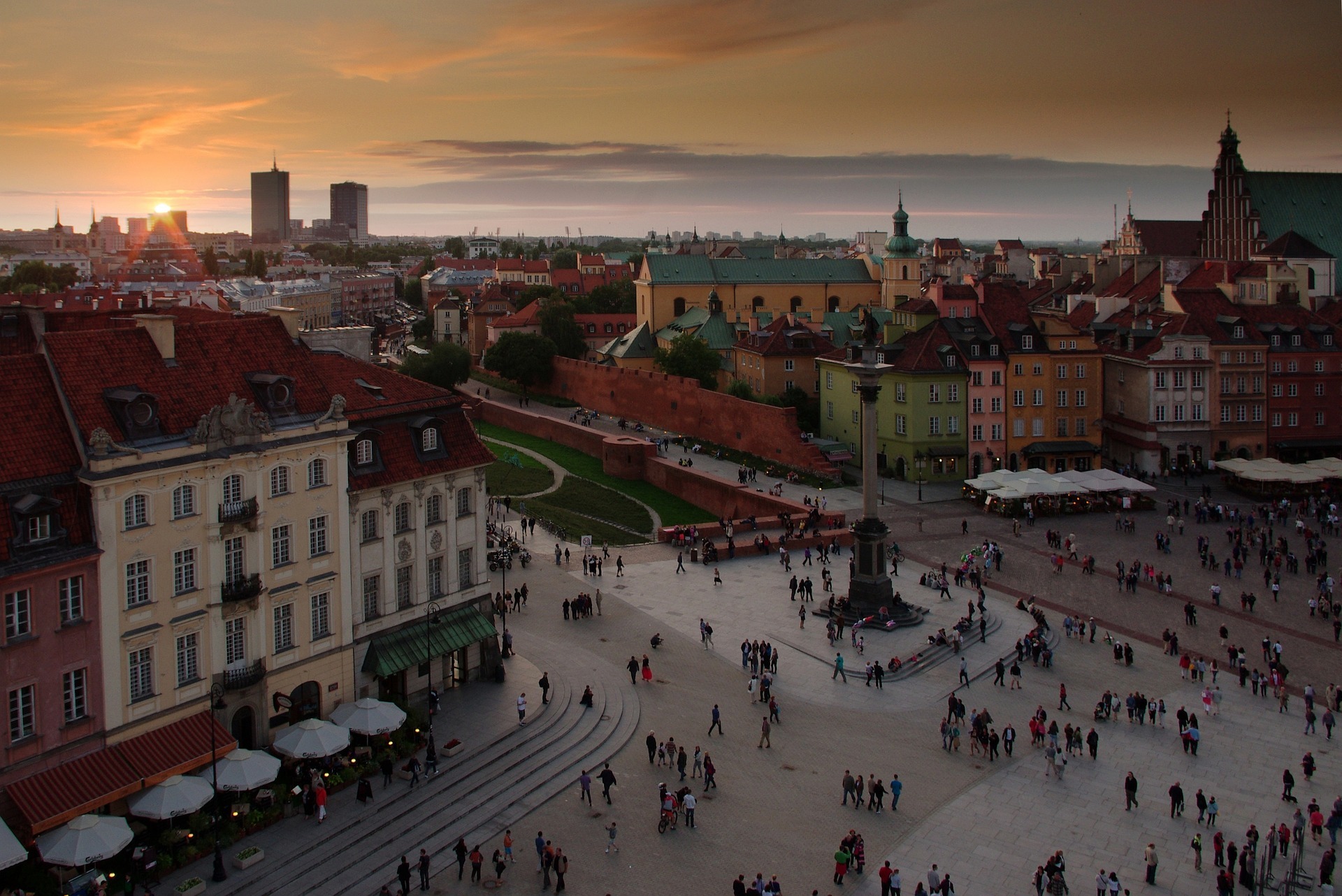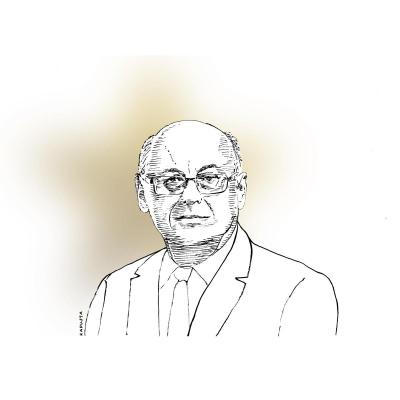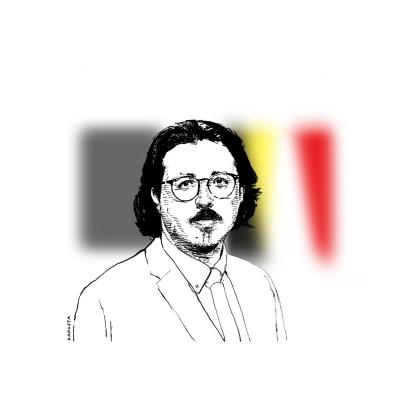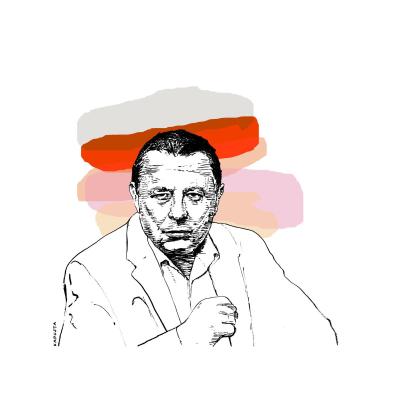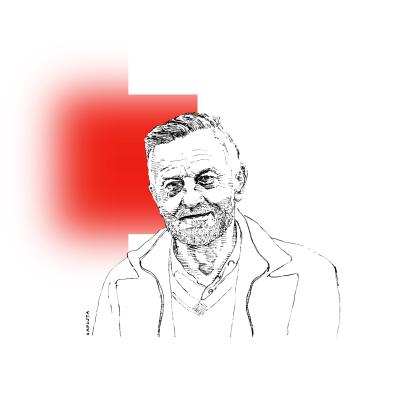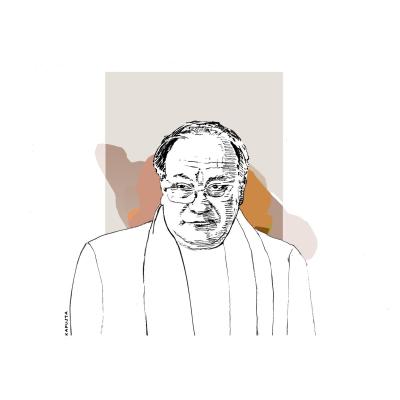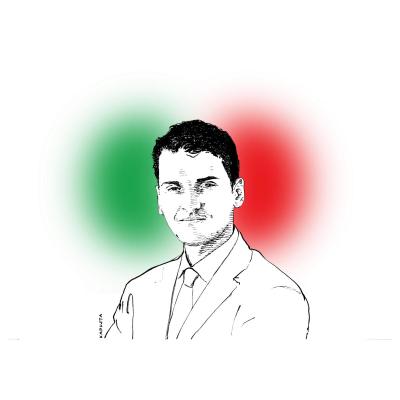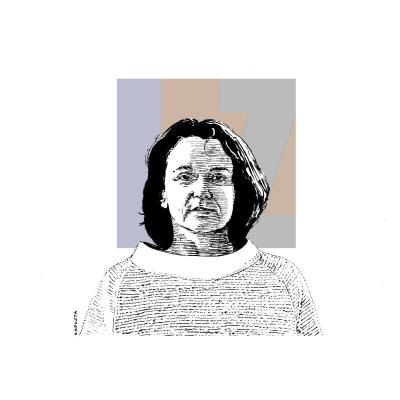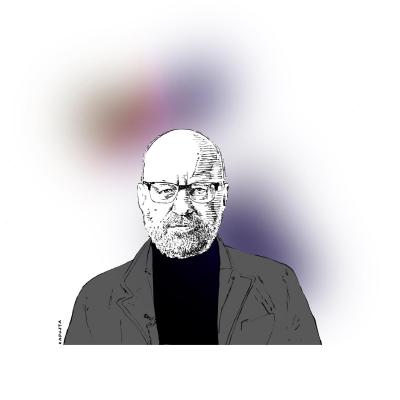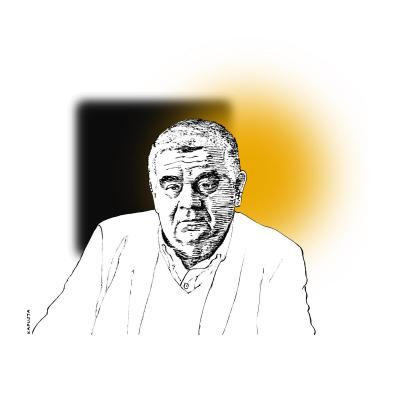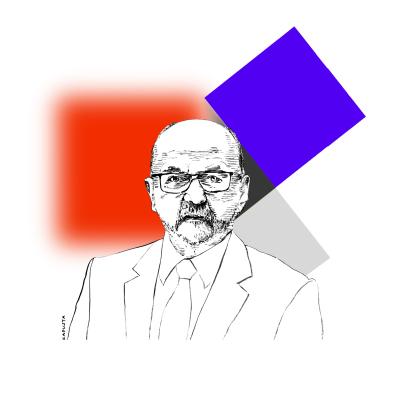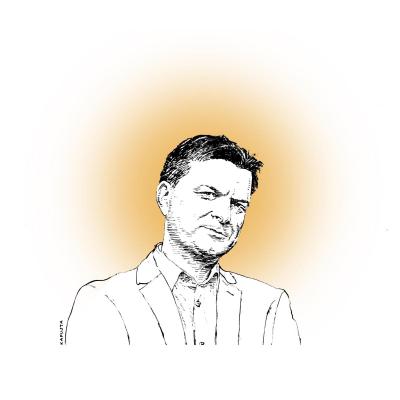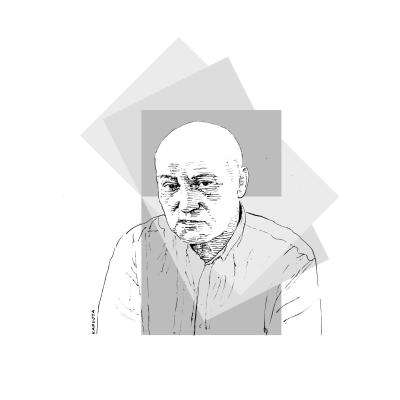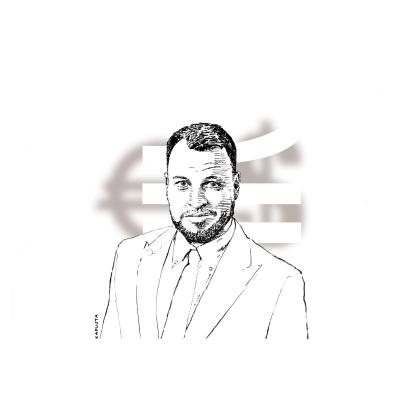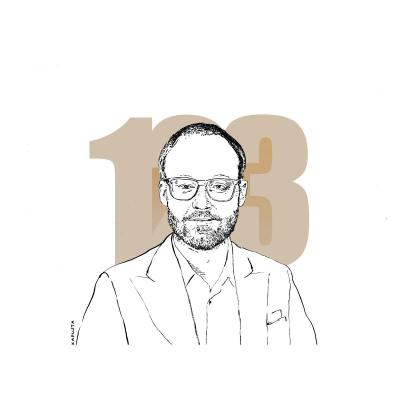Nawrocki's existential victory revives the Polish right-wing
These have been difficult years for the Polish right-wing. After returning to the center of the geopolitical chessboard thanks to the dynamism of the Morawiecki government in times of war on the borders of Eastern Europe, Donald Tusk's progressive coalition had prevailed in the October 2023 elections, beginning a progressive process of demolition of the institutional structures cemented by the Law and Justice party over the years.
Alarico Lazzaro
The Goloshchokin genocide, the unknown Kazakh Holodomor
The Second Congress of Victims of Communism took place in Madrid, organised by the Institute of Historical Studies (CEU) and the Centre for Studies, Training and Social Analysis (CEU-CEFAS).
Álvaro Peñas
Romania votes, but the label remains: stigma on George Simion and AUR resists the ballot box
The Romanian elections of this week are over, but the debate about their significance is not. George Simion, leader of the Alliance for the Union of Romanians (AUR), came in second to the current mayor of Bucharest, Nicușor Dan, who was presented as an independent candidate, although in practice he was supported by the entire centrist, progressive coalition and a good part of the establishment.
José Papparelli
Javier Benegas
“Peace with justice means stopping Russian aggression and restoring Ukraine’s sovereignty”: An Interview with Todd Huizinga
Todd Huizinga is a Senior Fellow for Europe at the Religious Freedom Institute. He is the author of The New Totalitarian Temptation: Global Governance and the Crisis of Democracy in Europe (2016) and Was Europa von Trump lernen kann (2017).
Darina Rebro
The Goloshchokin genocide, the unknown Kazakh Holodomor
The Second Congress of Victims of Communism took place in Madrid, organised by the Institute of Historical Studies (CEU) and the Centre for Studies, Training and Social Analysis (CEU-CEFAS).
Álvaro Peñas
Romania votes, but the label remains: stigma on George Simion and AUR resists the ballot box
The Romanian elections of this week are over, but the debate about their significance is not. George Simion, leader of the Alliance for the Union of Romanians (AUR), came in second to the current mayor of Bucharest, Nicușor Dan, who was presented as an independent candidate, although in practice he was supported by the entire centrist, progressive coalition and a good part of the establishment.
José Papparelli
Javier Benegas
“Peace with justice means stopping Russian aggression and restoring Ukraine’s sovereignty”: An Interview with Todd Huizinga
Todd Huizinga is a Senior Fellow for Europe at the Religious Freedom Institute. He is the author of The New Totalitarian Temptation: Global Governance and the Crisis of Democracy in Europe (2016) and Was Europa von Trump lernen kann (2017).
Darina Rebro
Nawrocki's existential victory revives the Polish right-wing
These have been difficult years for the Polish right-wing. After returning to the center of the geopolitical chessboard thanks to the dynamism of the Morawiecki government in times of war on the borders of Eastern Europe, Donald Tusk's progressive coalition had prevailed in the October 2023 elections, beginning a progressive process of demolition of the institutional structures cemented by the Law and Justice party over the years.
Alarico Lazzaro
Romania votes, but the label remains: stigma on George Simion and AUR resists the ballot box
The Romanian elections of this week are over, but the debate about their significance is not. George Simion, leader of the Alliance for the Union of Romanians (AUR), came in second to the current mayor of Bucharest, Nicușor Dan, who was presented as an independent candidate, although in practice he was supported by the entire centrist, progressive coalition and a good part of the establishment.
José Papparelli
Javier Benegas
“Peace with justice means stopping Russian aggression and restoring Ukraine’s sovereignty”: An Interview with Todd Huizinga
Todd Huizinga is a Senior Fellow for Europe at the Religious Freedom Institute. He is the author of The New Totalitarian Temptation: Global Governance and the Crisis of Democracy in Europe (2016) and Was Europa von Trump lernen kann (2017).
Darina Rebro
Nawrocki's existential victory revives the Polish right-wing
These have been difficult years for the Polish right-wing. After returning to the center of the geopolitical chessboard thanks to the dynamism of the Morawiecki government in times of war on the borders of Eastern Europe, Donald Tusk's progressive coalition had prevailed in the October 2023 elections, beginning a progressive process of demolition of the institutional structures cemented by the Law and Justice party over the years.
Alarico Lazzaro
The Goloshchokin genocide, the unknown Kazakh Holodomor
The Second Congress of Victims of Communism took place in Madrid, organised by the Institute of Historical Studies (CEU) and the Centre for Studies, Training and Social Analysis (CEU-CEFAS).
Álvaro Peñas
“Peace with justice means stopping Russian aggression and restoring Ukraine’s sovereignty”: An Interview with Todd Huizinga
Todd Huizinga is a Senior Fellow for Europe at the Religious Freedom Institute. He is the author of The New Totalitarian Temptation: Global Governance and the Crisis of Democracy in Europe (2016) and Was Europa von Trump lernen kann (2017).
Darina Rebro
Nawrocki's existential victory revives the Polish right-wing
These have been difficult years for the Polish right-wing. After returning to the center of the geopolitical chessboard thanks to the dynamism of the Morawiecki government in times of war on the borders of Eastern Europe, Donald Tusk's progressive coalition had prevailed in the October 2023 elections, beginning a progressive process of demolition of the institutional structures cemented by the Law and Justice party over the years.
Alarico Lazzaro
The Goloshchokin genocide, the unknown Kazakh Holodomor
The Second Congress of Victims of Communism took place in Madrid, organised by the Institute of Historical Studies (CEU) and the Centre for Studies, Training and Social Analysis (CEU-CEFAS).
Álvaro Peñas
Romania votes, but the label remains: stigma on George Simion and AUR resists the ballot box
The Romanian elections of this week are over, but the debate about their significance is not. George Simion, leader of the Alliance for the Union of Romanians (AUR), came in second to the current mayor of Bucharest, Nicușor Dan, who was presented as an independent candidate, although in practice he was supported by the entire centrist, progressive coalition and a good part of the establishment.
José Papparelli
Javier Benegas
Opinions
Nawrocki's existential victory revives the Polish right-wing
These have been difficult years for the Polish right-wing. After returning to the center of the geopolitical chessboard thanks to the dynamism of the Morawiecki government in times of war on the borders of Eastern Europe, Donald Tusk's progressive coalition had prevailed in the October 2023 elections, beginning a progressive process of demolition of the institutional structures cemented by the Law and Justice party over the years.
Alarico Lazzaro
Romania votes, but the label remains: stigma on George Simion and AUR resists the ballot box
The Romanian elections of this week are over, but the debate about their significance is not. George Simion, leader of the Alliance for the Union of Romanians (AUR), came in second to the current mayor of Bucharest, Nicușor Dan, who was presented as an independent candidate, although in practice he was supported by the entire centrist, progressive coalition and a good part of the establishment.
José Papparelli
Javier Benegas
“Russia has no interest in ending this war, and only by understanding this can we deal with the Kremlin”: An Interview with Olexsandr Shulga
Russia reminds us every moment, through brutal and horrible acts, of what awaits us if we surrender: the end of our national identity and the murder of all those who, politically or culturally, embody the Ukrainian nation.
Álvaro Peñas
Interview with Andrzej Podgurski – spokesman for the Polish Legion
Andrzej Podgurski is a Polish journalist and volunteer. A war correspondent since the beginning of the full-scale Russian invasion, he is the spokesman for the Polish Legion, an umbrella organization of humanitarian and military volunteers in Ukraine.
Álvaro Peñas
Ongoing protests in Türkiye: “When midnight comes, everything shifts—from a night filled with hope to absolute chaos”
Since March 19, 2025, Turkey has been rocked by protests after the arrest of Istanbul Mayor Ekrem İmamoğlu and over 100 opposition members. Yet, the protests are not solely about the mayor. With more than 1,900 people arrested, anger and resistance are spreading. We spoke with a student from Istanbul University who is on the front lines, sharing what it feels like to be part of the movement—and the harsh realities protesters face every night.
Zespół redakcyjny
Romania: George Simion one step away from the presidential election
The eyes of the whole of Europe are on Romania and it seems highly unlikely that the candidacy of George Simion, who represents the country’s second largest political force, will be challenged.
Álvaro Peñas
Analyses
France: towards chaos?
All the polls and commentators had predicted that Marine Le Pen's National Rally would win the European elections in France with more than 31% of the vote, more than twice the score of President Macron's party, which came second with 14%.
Patrick Edery
Problem of Expertise in Nowadays Europe
One of the problems with which not only European but Western liberal democracy is struggling today is the problem of knowledge and its relation to politics.
Agnieszka Nogal
The Spirit of Europe Blows Where It Will
For over 50 years, since mid-1970s, the spirit of neoliberalism hovered over Europe.[1] Its essence was fittingly summed up by Margaret Thatcher, who observed that she knows no such thing as a society but only knows individuals.
Justyna Schulz
Do We Still Believe in Europe?
In 1750, Jean-Jacques Rousseau won the first prize in a competition organized by the Academy of Dijon, answering the question: “Has the restoration of the sciences and arts contributed to refining moral practices?”
Agnieszka Nogal
In Vino Veritas. On Blind Testing and the Culture of the Symposium
The world’s best violin is called “Opus 58” and comes from the studio of Swiss master violin maker Michael Rohnheimer.
Paweł Ćwikła
Frankfurt School and the Social Disorder
In the last half of the century, a social disorder, emerged in Western societies.
Edward Sołtys
Essays
The Goloshchokin genocide, the unknown Kazakh Holodomor
The Second Congress of Victims of Communism took place in Madrid, organised by the Institute of Historical Studies (CEU) and the Centre for Studies, Training and Social Analysis (CEU-CEFAS).
Álvaro Peñas
Populism and Democracy
Ladies and gentlemen, ‘a spectre is haunting the world: the spectre of populism’.
Charles Turner
Ukraine has not banned Christianity
“Ukraine bans Christianity.” This claim, which has spread like wildfire on social media among many pro-Kremlin accounts, is completely false.
Álvaro Peñas
Does the European Union Contribute to Moral Progress and If So, Then How?
At first glance, the question asked in the title is surprising. Can an organization which, like any human formation, is not free from corruption and abuse, contribute to moral progress?
Justyna Schulz
Does the European Union Contribute to Moral Growth? How to Find the Place Where We Can Stop?
What is the “moral growth” indicated in the title? When seeking an answer to this question, one certainly should reflect on a related term – “moral progress”.
Grzegorz Kucharczyk
On Confusion in Contemporary Art
There is perhaps no more heated dispute in culture than that concerning contemporary art.
Maciej Mazurek
Subscribe to the newsletter
Receive information about news and publications

Support us
Become our subscriber and read any articles as you please
Our authors








